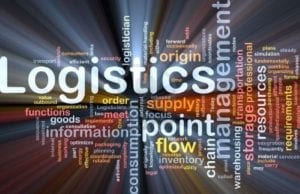 By Dr Frances Wright, lecturer for the Institute of Logistics and Supply Chain Management
By Dr Frances Wright, lecturer for the Institute of Logistics and Supply Chain Management
The Institute of Logistics and Supply Chain Management (ILSCM), a division of the Open Learning Group (Pty) Ltd has been actively involved in establishing learnerships for candidates in NQF Level 4. The ILSCM found that skills transfer is more successful when learnership programmes are applied in combination with coaching or mentorship and when buy-in is achieved from all levels of management. Success comes down to the ability of the company’s programme administrator and the willingness of the mentors. The first skills that need to be developed are industry administrative skills. Many mentors resent the added pressure but have to be convinced of the benefits of mentoring to the individual and to the industry.
In part, these issues are the legacy of the industry’s history. The professionalisation of the industry is relatively new. In the past, most managers moved up the ranks via experience rather than formal qualification. Higher degrees in the subject are rare and the demand for formal qualifications has only recently become necessary to meet the challenges of globalisation. There is also a strange anomaly in the industry; larger companies are more committed to developing their learnership programmes, but generally don’t claim the skills development levy, while smaller companies show no real commitment to the programmes, despite the positive outcomes and increase in productivity for the company. Effective mentorship is not something that can be enforced or legislated and only once these programmes are effectively managed and mentor-drive, will the true potential be achieved. Generally speaking, this is only likely to happen with the overall professionalisation of the industry through management qualifications and programmes. It is fortunate that there are programmes such as those offered by the ILSCM. In a situation like this, learners can be led to achieve fully accredited degrees, diplomas or certificates. It is a privilege to be involved in such a scenario. It is fulfilling to know that even distance-learning learners can be supported to achieve qualifications and that a learner’s career possibilities will expand dramatically, even when work pressures might slow down the process.






